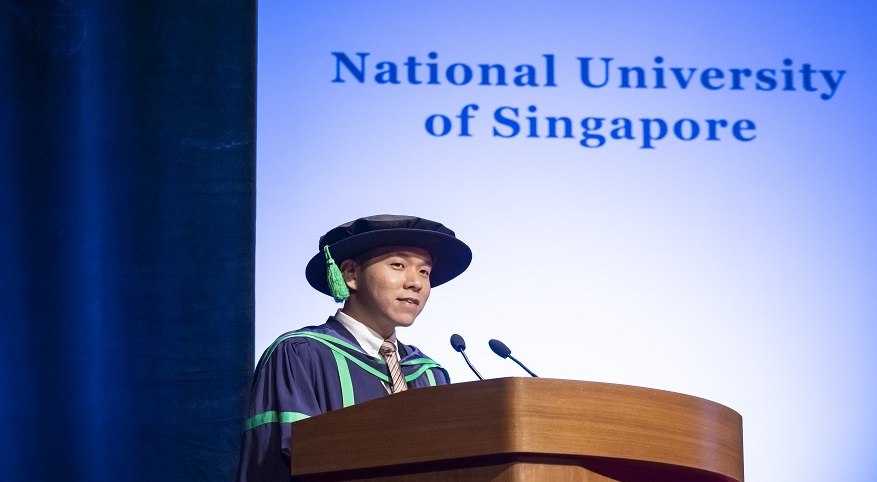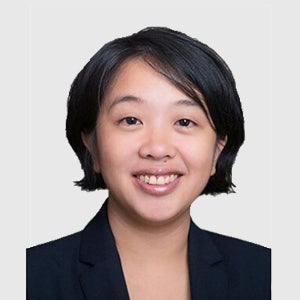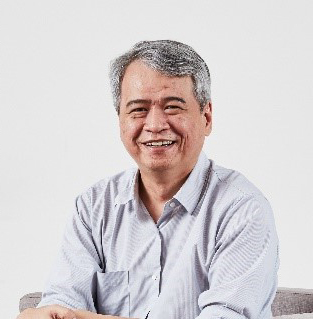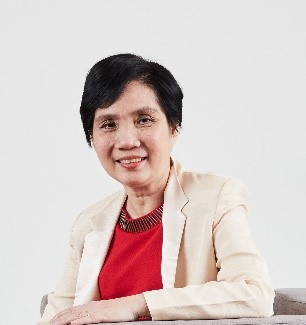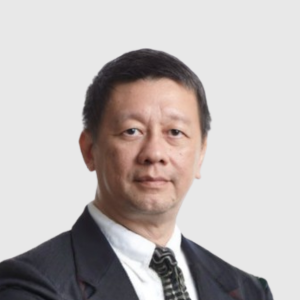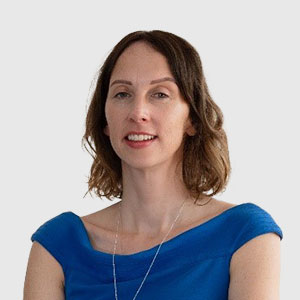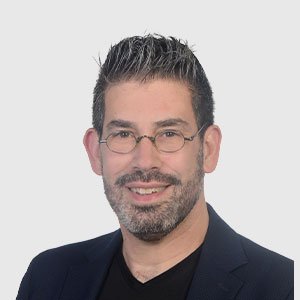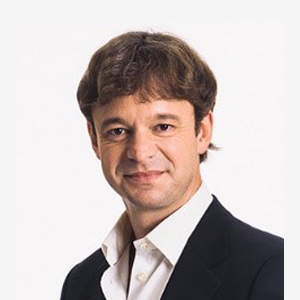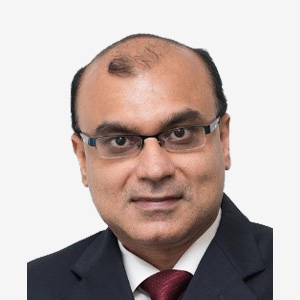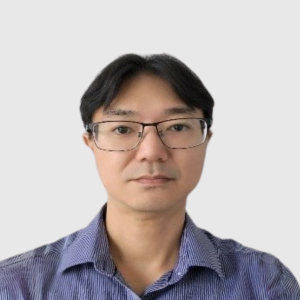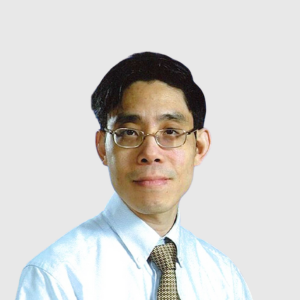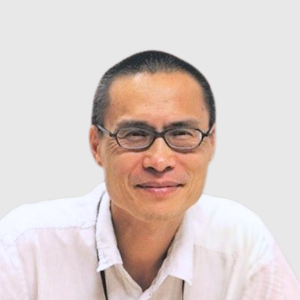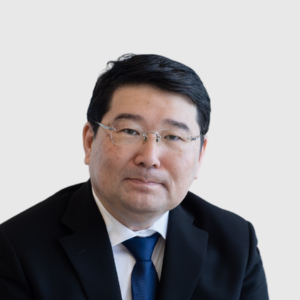Dr. Peh Hong Yong was first an undergraduate from NUS Faculty of Science in 2007, majoring in Life Sciences with specialization in biomedical sciences. Being an enthusiast of both immunology and pharmacology, he completed his honours project under the supervision of Associate Professor Wong Wai-Shiu Fred from the Department of Pharmacology, where he worked on artesunate (derivative of artemisinin – Nobel Prize in medicine in 2015) in experimental asthma. Dr. Peh graduated in 2011 with a Bachelor of Science (Honours) and was also awarded the Pharmacia Medal and Prize in Pharmacology for being the top student in all pharmacology modules and honours project. As a former patient of childhood asthma, it had been his lifelong dream to discover a novel therapy in respiratory diseases. With an aptitude and talent in research, he managed to publish his honours project with Dr. Ho Wanxing Eugene in the subsequent year, as well as two other collaboration projects in Associate Professor Wong’s laboratory, before answering his calling: to embark on his Ph.D. journey in 2012.
Dr. Peh obtained his Ph.D. in 2017 from NUS Yong Loo Lin School of Medicine (YLL-SoM), under the supervision of Associate Professor Wong Wai-Shiu Fred. His thesis was entitled “Vitamin E Isoform γ-Tocotrienol Alleviates Asthma and COPD”, where he was under the NUS Industry Relevant-Programme Research Scholarship in collaboration with Davos LifeSciences Pte Ltd. He displayed outstanding talent and accomplishment during his Ph.D. candidature and was awarded the President Graduate Fellowship in 2014.
Vitamin E has a total 8 isoforms in nature, and Dr. Peh demonstrated that a specific isoform γ-tocotrienol was most potent in attenuating both inflammation and oxidative stress in allergic and destructive respiratory diseases – asthma and chronic obstructive pulmonary disease (COPD) respectively. The efficacy of γ-tocotrienol was comparable, or in some instances superior than, clinically prescribed corticosteroid prednisolone. The ability to abate inflammatory cells trafficking into the airways, ameliorate mucus hypersecretion and restore anti-oxidative capacities in the lungs, reverse house dust mite-induced airway hyperresponsiveness and protect against cigarette smoke-induced emphysematous destructions of the alveolar sacs by γ-tocotrienol, renders a great potential in the treatment of asthma and COPD clinically.
Besides Dr. Peh’s main projects, his extensive collaborations and unique research techniques acquired resulted in 19 publications in high-impact journals, including three first author papers in “Journal of Immunology”, “Free Radical Biology and Medicine” and “Pharmacology and Therapeutics”. During his candidature, he was awarded the Lee Foundation Travel Award, Society of Redox Biology & Medicine Travel Award, Best Oral Presentation (1st place) twice at YLL-SoM 4th and 6th annual congress, selected to represent NUS at the 7th HOPE meeting with Nobel Laureates, and represented NUS at the 4th Global Young Scientist Summit with nomination by Nobel Laureate Sir Richard Roberts.
Dr. Peh continued to excel after his Ph.D. training, where he received the “Singapore Teaching and Academic Research Talent Scheme Award” directly presented by the Minister of Higher Education Mr. ONG Ye Kung in support of his successful application for the NUS Overseas Postdoctoral Fellowship. He is now a Postdoctoral Research Fellow in the Pulmonary division of the Brigham and Women’s Hospital and Harvard Medical School. He is also co-appointed as a Senior Tutor, an academic position in NUS YLL-SoM, Department of Pharmacology.


